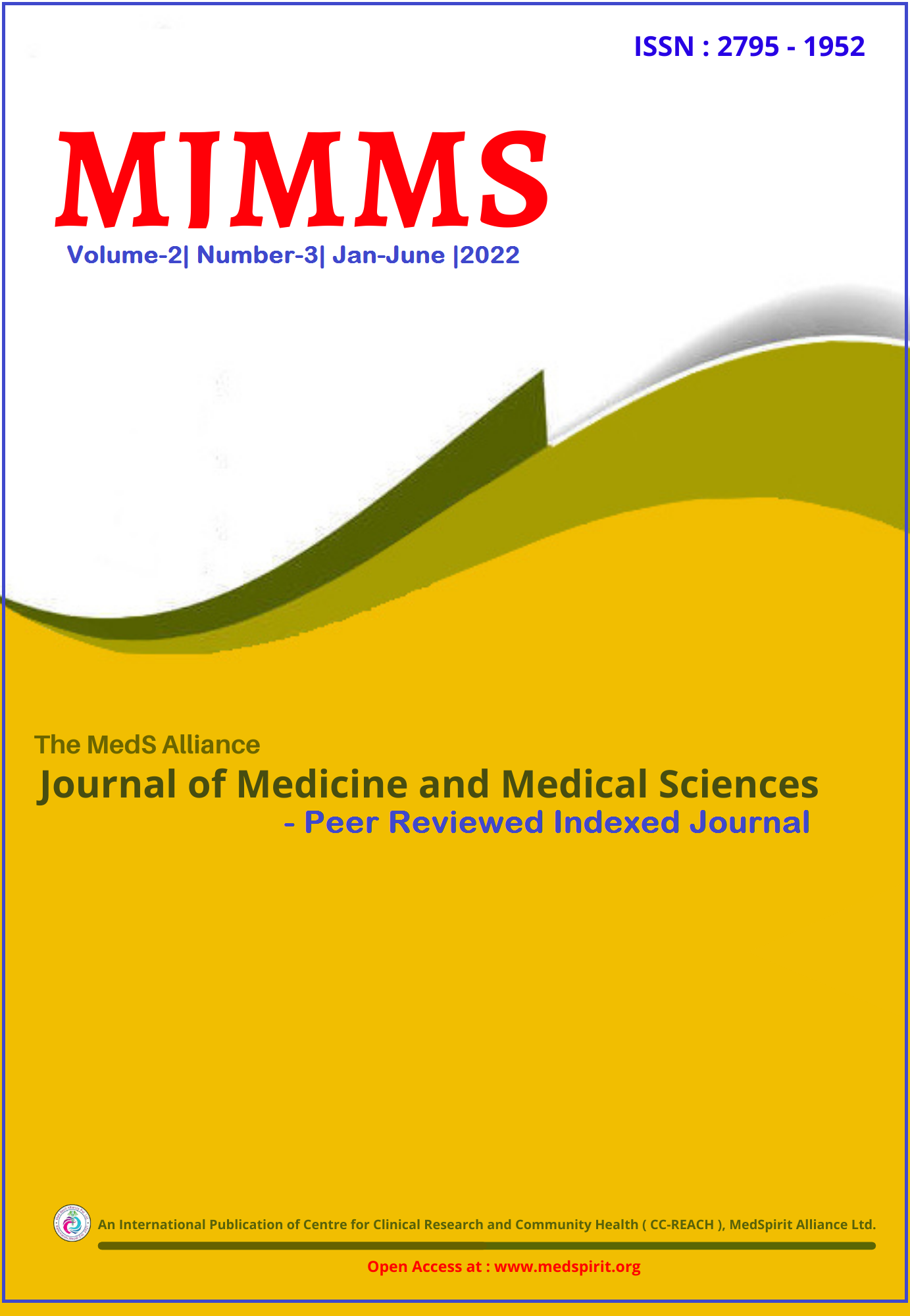Assessment of Self-care practices, Treatment satisfaction and Quality of Life among Diabetes Type2 Patients in Pokhara, Nepal
DOI:
https://doi.org/10.3126/mjmms.v2i3.47751Keywords:
Diabetes, satisfaction, self-care, quality of lifeAbstract
INTRODUCTION: Treatment satisfaction and health-related quality of life are related and important for successful treatment of diabetes patients. The main objective of this research is to assess the self-care practices, treatment satisfaction and quality of life among diabetes type2 patient in Pokhara.
MATERIALS AND METHODS: A cross-sectional study was conducted among the diabetes type2 patients from June 2019 to December 2019 in Pokhara Metropolitan. The sample size for this study was 248. Consecutive sampling technique was used for the selection of participants. Interview schedule was used for doing face to face interview. A collection of questions adapted from Diabetes-39 and it was used as a tool for assessing the quality of life of the participants. The Nepali version of the D-39 instrument was pre-tested among 10% (25) of total sample in Metrocity hospital to check its simplicity before data collection. Likert scale of 5 points was used to assess treatment satisfaction. Chi-square test was obtained to find out the association between dependent and independent variables and crude odd ratio was calculated to measure the strength of association.
RESULTS: Two-fourth (41.9%) of the participants were engaged in physical activity. Two-fifth (39.9%) of the participants test blood sugar monthly. About four-sixth (68.5%) of the participants had good quality of life and rest had poor quality of life. Almost all 98.0% were satisfied with the treatment. Factors such as age, sex, marital status, physical activity and duration of diabetes mellitus were associated with quality of life.
CONCLUSIONS: The study showed that physical activities should be focused to promote healthier life. One should focus on promoting a self-care practices in order to prevent the complication of disease. Quality of life can be achieved through adequate self-care practice, proper treatment and counselling.
Downloads
Downloads
Published
How to Cite
Issue
Section
License

This work is licensed under a Creative Commons Attribution-NonCommercial 4.0 International License.




